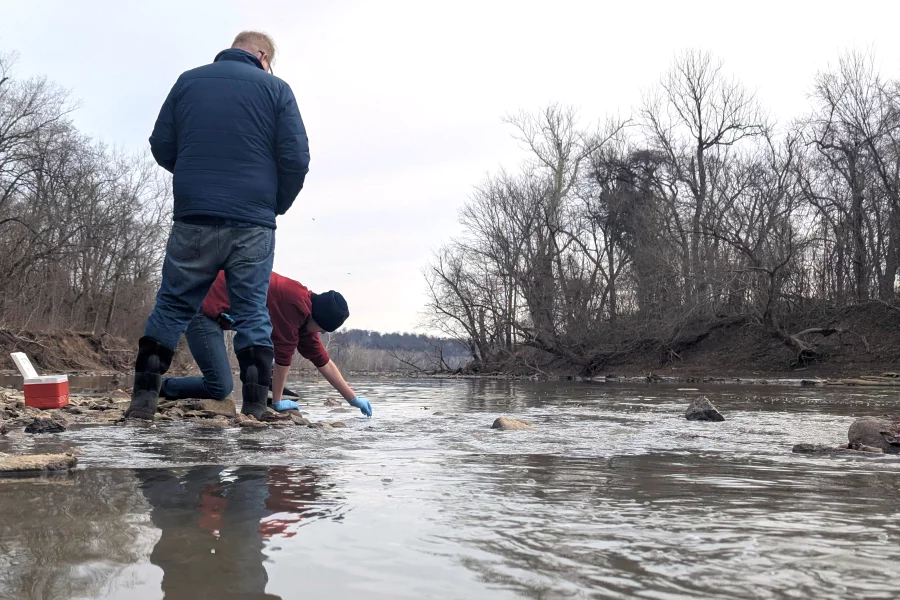 BP this week is taking public its strategy for spreading the blame for the April 20 explosion that killed 11 people on the Deepwater Horizon and led to the nation's worst oil spill.
BP this week is taking public its strategy for spreading the blame for the April 20 explosion that killed 11 people on the Deepwater Horizon and led to the nation's worst oil spill.
In a new twist in the case, BP has declared that Halliburton, which had warned that the cement job on the Macondo well might not function properly, should have stopped the operation outright. If Halliburton knew the cement process was unsafe, it had an obligation to refuse to proceed - and to do otherwise would be, BP said in a statement, "morally repugnant."
BP's strategic maneuver emerged as a federal investigatory panel holds hearings in a hotel conference room here into the causes of the disaster. The panel intends to write a report at the end of an inquiry already in its fourth month.
But lawyers for the major players in the disaster - including BP, rig owner Transocean and the contractor for the cement job, Halliburton - are using the proceedings as a kind of test run of what are sure to be many civil trials to come, with a Justice Department criminal probe lurking in the background.





 In January, part of a decades-old sewer line in Maryland collapsed by the Potomac River. Over...
In January, part of a decades-old sewer line in Maryland collapsed by the Potomac River. Over...






























